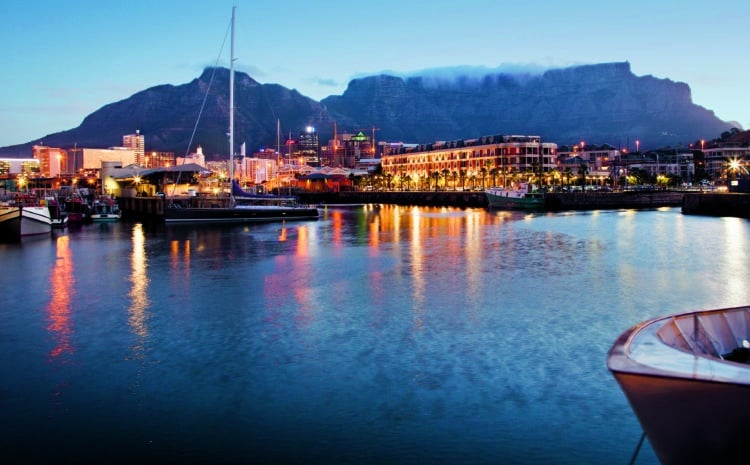Why an ocean cluster?

The founding philosophy of the Waterfront was to connect the people of Cape Town with the sea. The Waterfront is keenly aware of its role and responsibility in sustaining this crucial intersection, leveraging it for the greater social and environmental good.
We have therefore adopted the mutually reinforcing goals of growing the opportunities relating to the ocean economy, including creating ocean-related jobs, while developing and exercising best-practice ocean stewardship. This requires us to explore and find mechanisms for a kind of sustainability balancing act the world has often failed to achieve.
Our locus of control is limited to our own canals and ocean frontage; but our sphere of influence is exponentially larger, though the millions of people who visit the Waterfront annually, and through the relationships we have with entities throughout the country and beyond. The Waterfront has thus committed to:
- Expanding ocean education and awareness, through the work done through the Two Ocean Aquarium and its Education Foundation
- Improving and demonstrating ever-improving practices in ocean conservation, already manifest in, for example, the Marine Wildlife Programme; and amplifying the Ocean Economy
- Amplifying the Ocean Economy
This work is complex. The Waterfront is a mixed-use property. In the normal course, around 25 000 people are here every day, working and shopping, eating and enjoying the attractions, or simply living here. Among the work they do might be fishing, or boat work – building, repairing and refuelling boats. Among the leisure attractions are water-sports and, when “normal’ comes back, cruise ships. Into this mix come container ships and tugs, seals and turtles, marine birds, and fish from tiny mackerel through to sunfish, dolphins and whales. In all this sometimes conflicting activity, how might we support the growth of the ocean economy at the same time as exercising best-practice ocean stewardship?
How we work
SOLVE@Waterfront’s approach is to work collaboratively with tenants, stakeholders and consumers to highlight the issues, identify and build on the work that is already being done, and together find new and better ways of fulfilling our goals.
The Waterfront’s tenants and stakeholders include entities and people who might be considered to have conflicting concerns: commercial fishing companies like I&J, for instance, are based in the precinct alongside entities with an educational and environmental focus like the Two Oceans Aquarium Education Foundation. SOLVE’s position is that complexity can be best managed only if stakeholders come together in an open, collaborative way to co-create outcomes that are innovative, pragmatic and support our commitment to sustainability. That is a quality of engagement that this first Ocean Cluster workshop is intended to initiate and accelerate.
The questions with which we do and will wrestle, are questions like:
- How might we innovate in this complex, contested space?
- How might we find new and sustainable ways to support communities and livelihoods?
- How might we work with our restaurants, and they with consumers, to make more informed and conscious choices?
These are things we don’t have the answers for yet, but which drive our work.